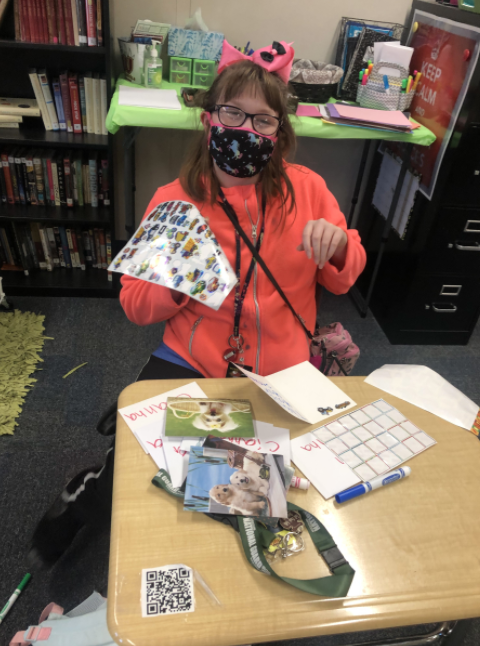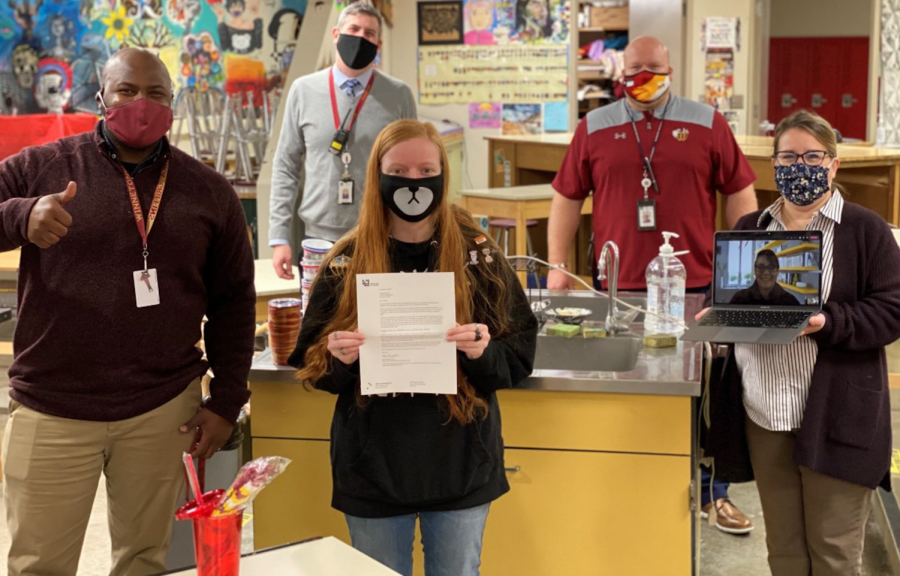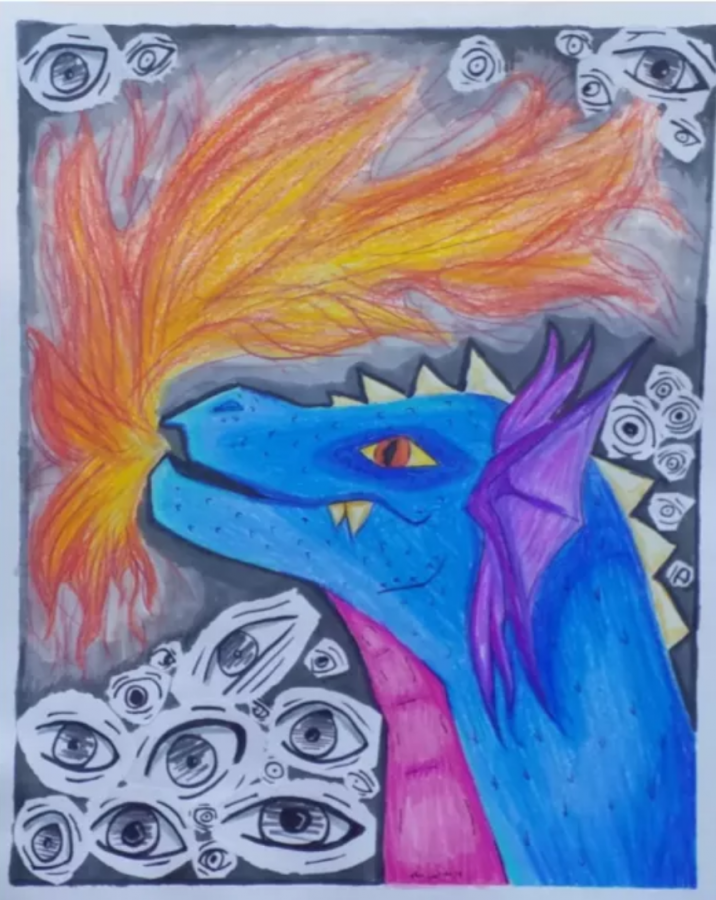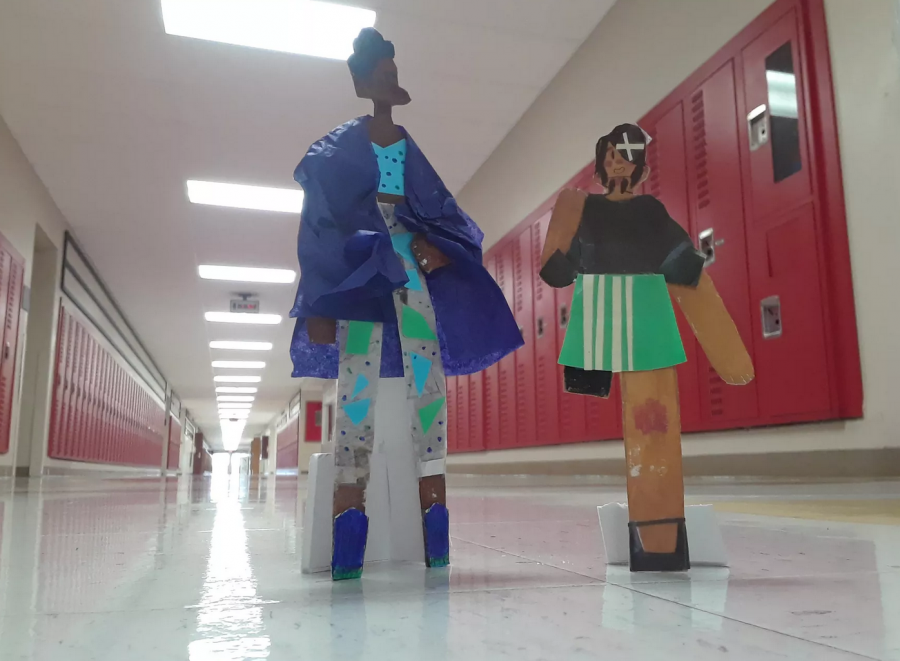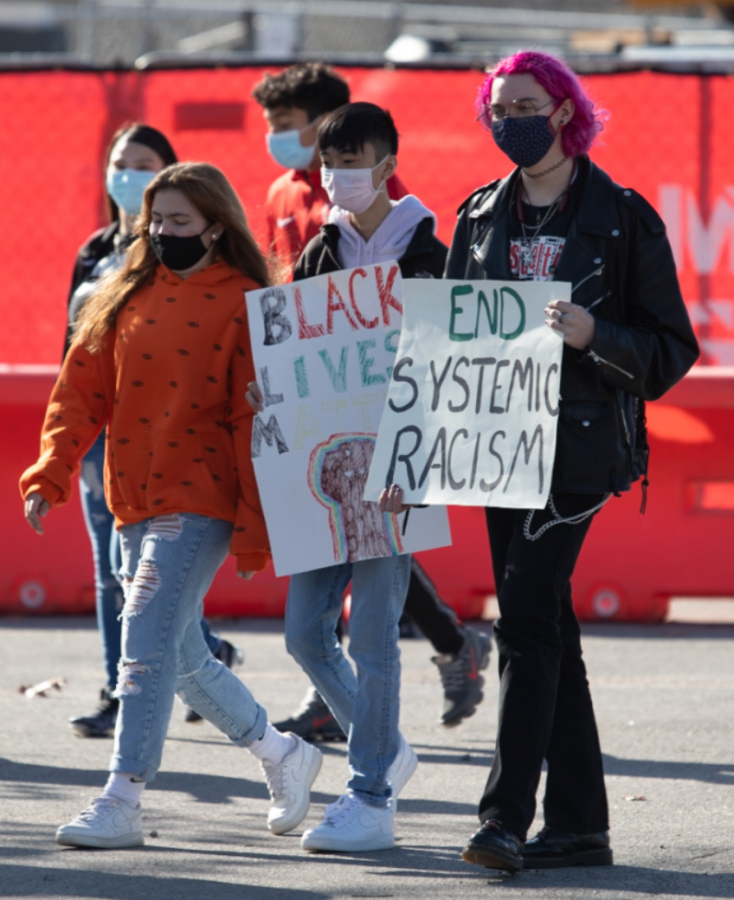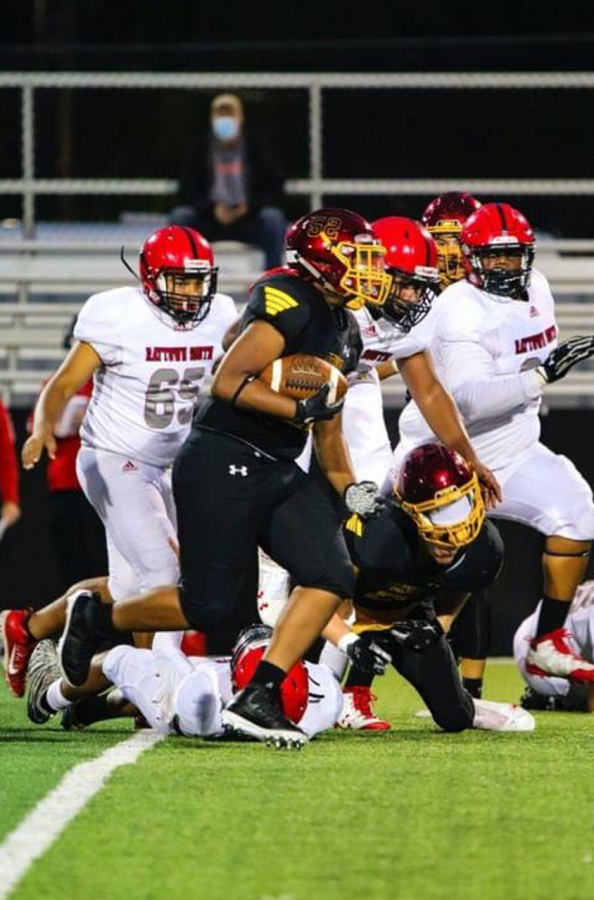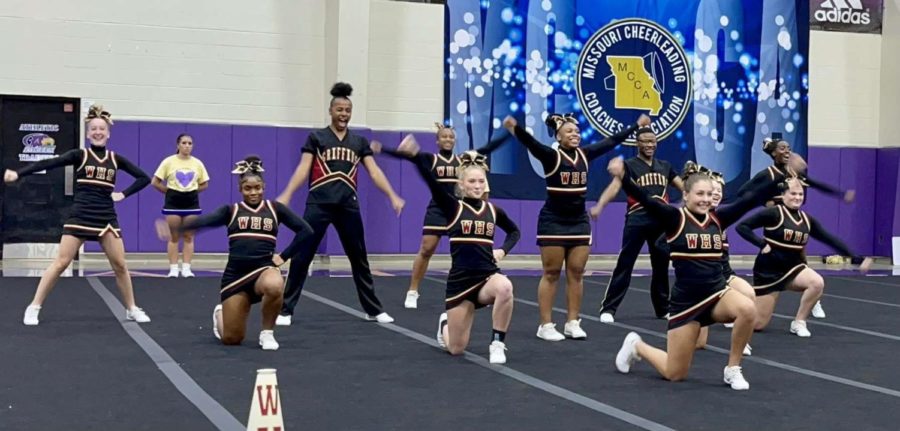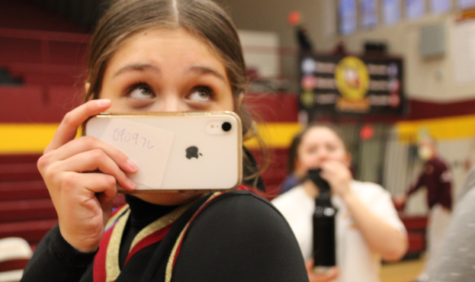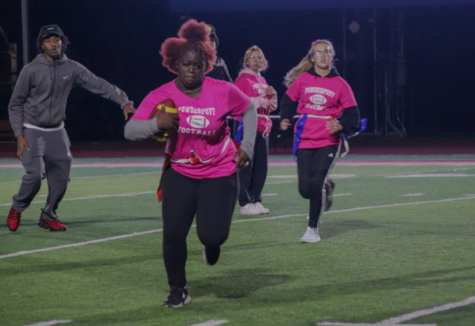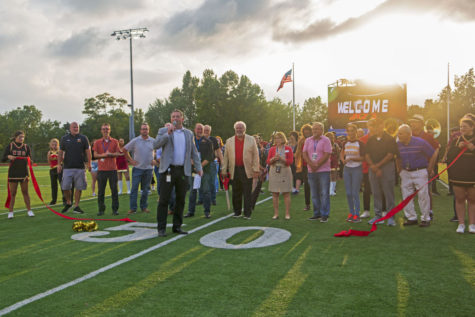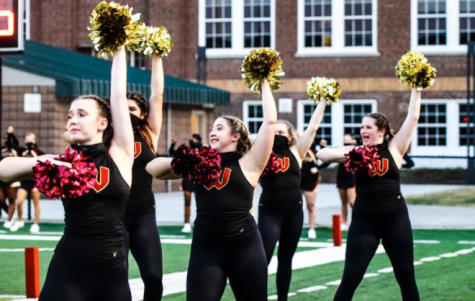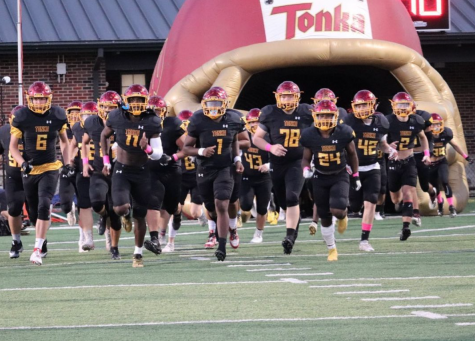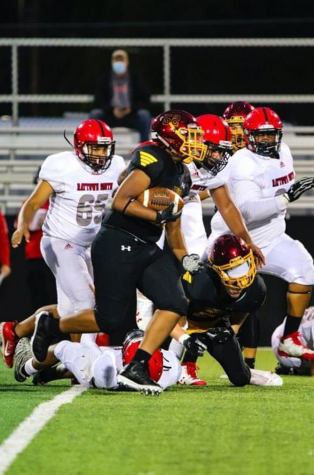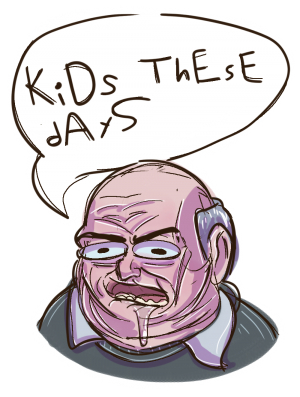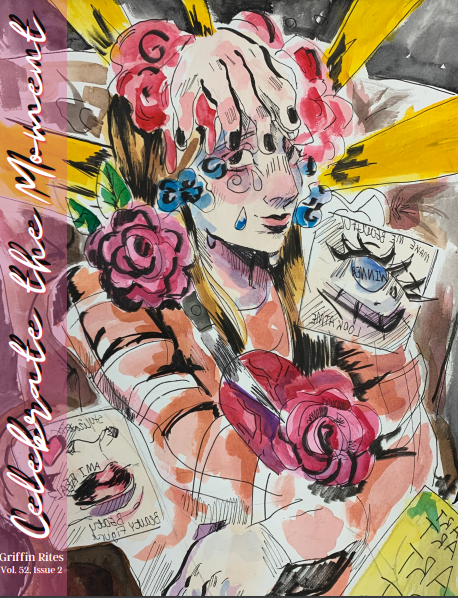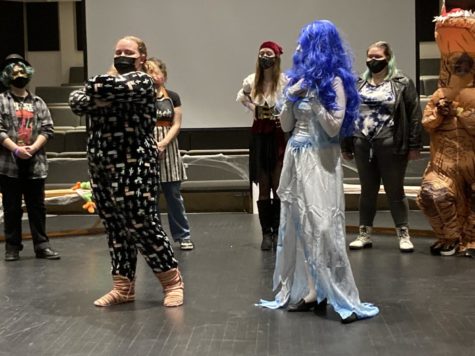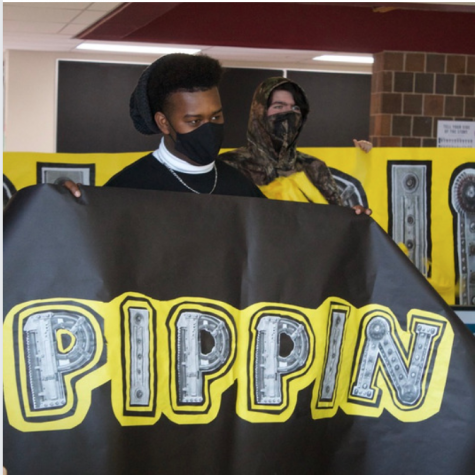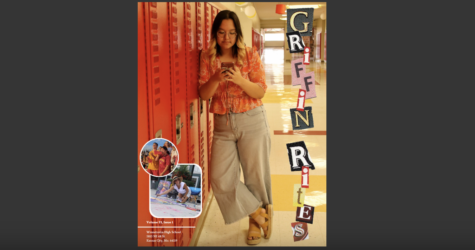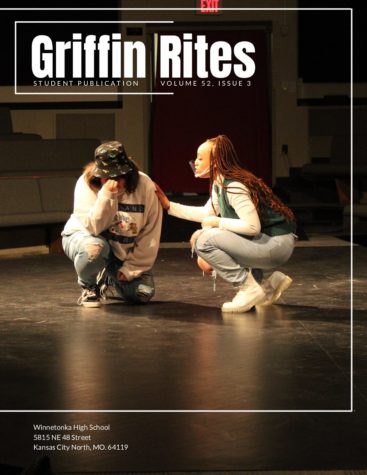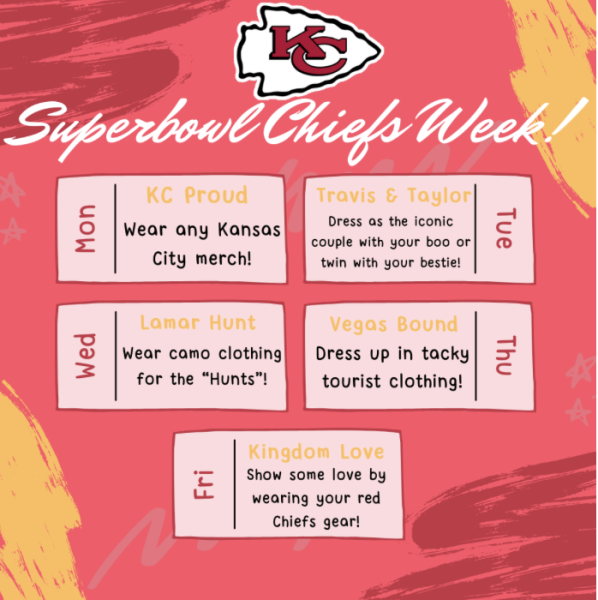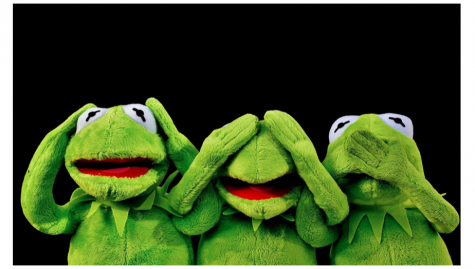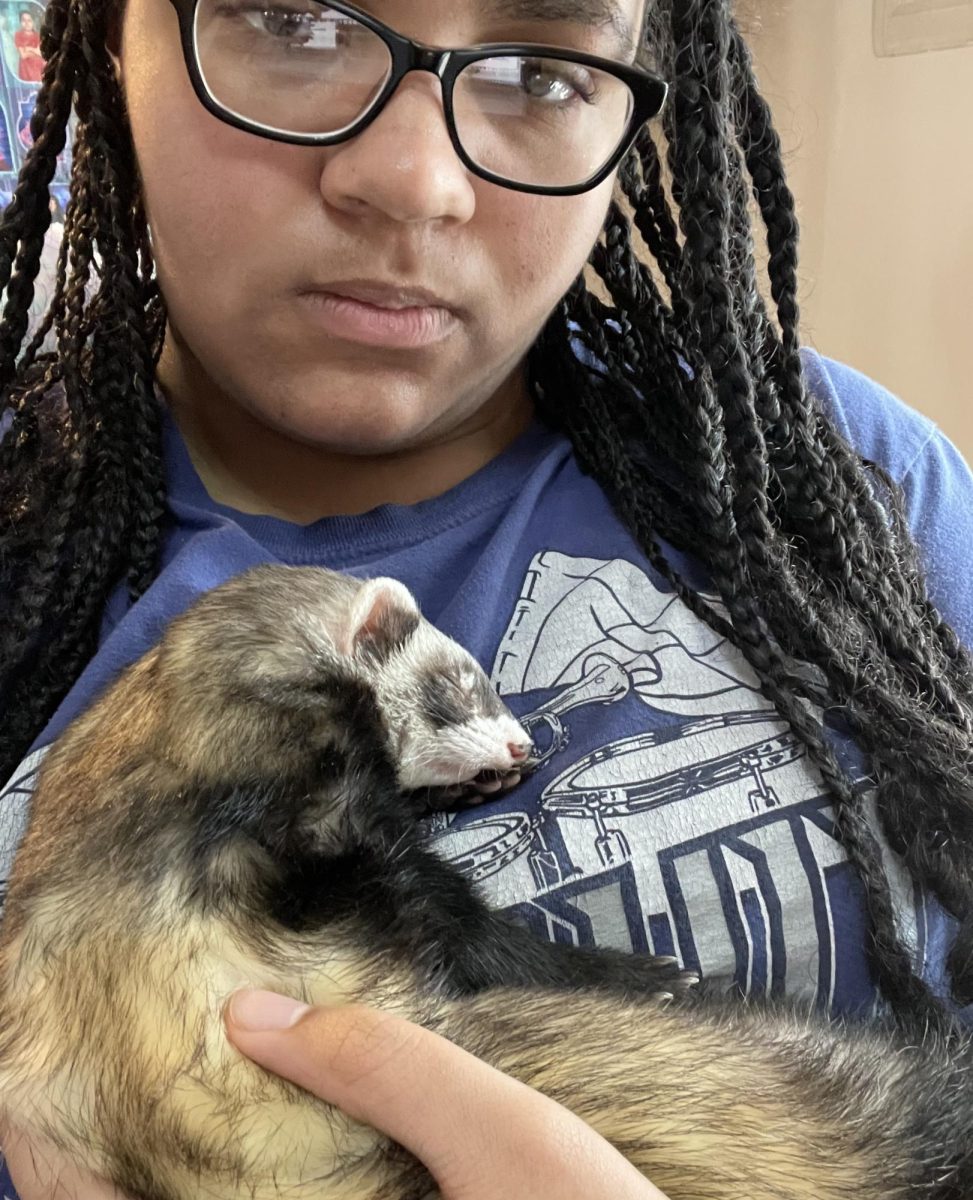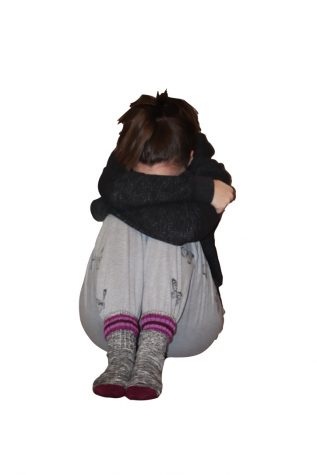5 reasons you should watch “Star Trek”
Guest writer Raymond Leone vouches for the series
October 20, 2018
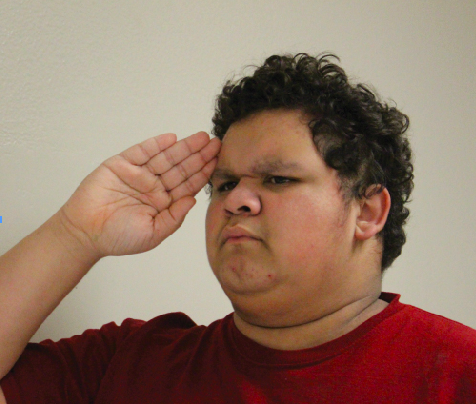
The message.
The Star Trek saga is a glimpse into humanity’s future. In the show, we don’t end up destroying ourselves and our world, despite the third World War that occurs. Star Trek shows humanity at its best: exploring and helping people for the sake of charity. On Earth, disease, greed, hunger, money, poverty and war do not exist anymore. Star Trek gives people hope that maybe, just maybe, the better part of humanity will prevail.
The sheer amount of content.
Star Trek blows Star Wars out of the water in terms of content. There is more than 22 days’ worth (and counting) of content from seven TV shows (with another two on the way), and that’s not even counting the 13 films: 10 original and three reboots. As for the nerds who prefer “reading,” there are more than 600 comic books and novels about Star Trek.
Star Trek is appropriate for most ages.
Star Trek is a very family-friendly franchise. Most of the shows and movies are rated PG, though there are a few exceptions. The show features big words like “structural integrity,” that younger audiences might not understand, but as for cursing, there is nothing more than the D-word or H-E-Double hockey sticks.
Star Trek pioneered in Civil Rights.
Star Trek had the first actress of color, Nichelle Nicols, in a recurring role on primetime television. Not only that, but her character, Lieutenant Uhura, was in a position of command and power among the crew. Star Trek pushed past boundaries with not only the first black actress, but also with the first televised interracial kiss between Lieutenant Uhura and Captain Kirk (played by William Shatner).
Star Trek started it all.
Without Star Trek, Star Wars, Battlestar Galactica and even Halo might never have existed. When Star Trek premiered in 1966, it kickstarted the science fiction genre. Because of Star Trek, we now have cell phones, computers and tablets. The communicators in the show became our flip phones. Their talking computers became Siri. The video communication devices became Snapchat and Facetime. The whole idea of VR tech came from the show’s Holodeck.




